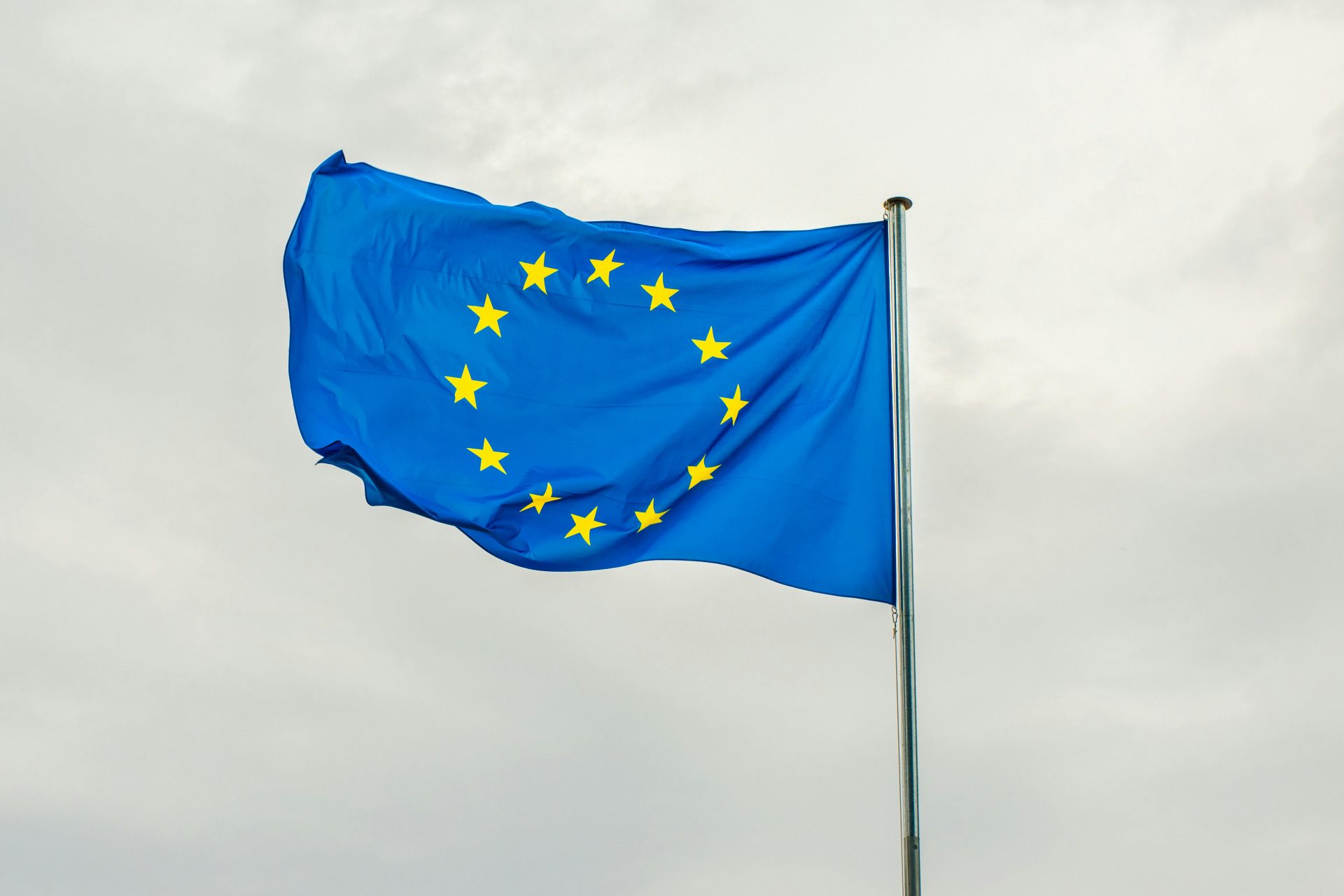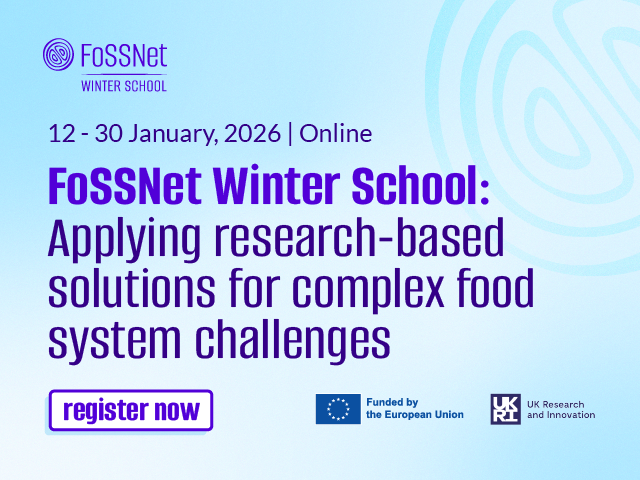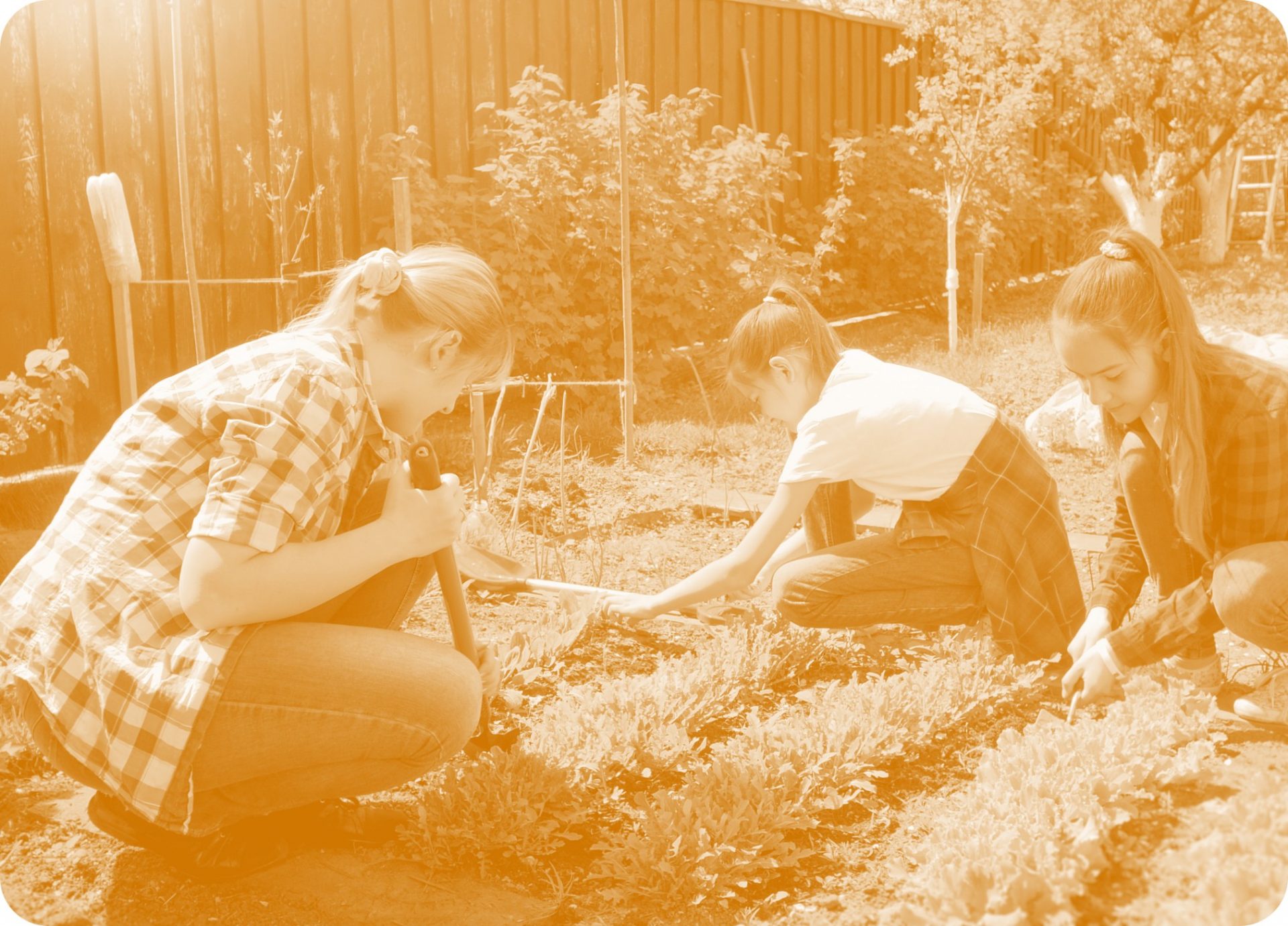News | 9 May 2024 | Press Release
Bridging the gap for food systems transformation

FoSSNet’s approach and vision of a solid and permanent pan-European academic network for food system science will strengthen the European Research Area and contribute to a united and integrated response to achieve food systems transformation in Europe. A press release to announce the project’s launch, highlighting its ambition and relevance within the European context, was shared during Europe Day (9 May 2024). Read the full article below to learn more.
Bridging the Gap for Food Systems Transformation: New European Network of Academic Collaboration on Food Systems Science
Europe’s food system is affected by complex challenges, such as meeting the demands for sustainable food production, distribution and consumption, and associated nutrition, social and environmental challenges. This complexity requires a multifaceted response that goes beyond traditional approaches. Aligned with the European Commission’s view of science-policy-society for sustainable food systems, the new EU-funded project FoSSNet, led by Roskilde University, aims to bridge these gaps and foster meaningful change by establishing a long-lasting pan-European network for Food Systems Science focused on advancing open and inclusive science and education for food systems transformation. Through collaborative efforts and knowledge exchange, the project aims to rethink the European Research Area’s Knowledge and Innovation system, enabling it to rise to the food system’s challenges and accelerate a sustainable transformation.
”FoSSNet provides the opportunity to bring together researchers across Europe who are studying the food system as a dynamic system. That means exploring the various activities, outcomes, drivers and feedbacks that we see in food systems science as an integrative discipline.” Said John Ingram from University of Oxford, one of the partners in the project.
The project will develop clearer and more effective processes and practices for food systems science and transformation using several strategies. These include:
- building an inclusive inter- and transdisciplinary permanent pan-European academic network;
- integrating knowledge from different fields (e.g. from biology, nutrition and engineering to economics and law), fostering collaboration among all food system actors to ensure an effective and systemic approach;
- actively seeking to reach and tap into underrepresented geographic regions, such as Eastern Europe, to broaden the expertise and knowledge of the FoSSNet project;
- organising yearly conferences to build and showcase project results and promote networking activities, as well as an event in Poland focusing on expanding the network in Eastern Europe;
- creating and promoting learning opportunities in food system thinking for future researchers and professionals through an Academy, summer schools, hackathons and the design of new curricula.
Inclusivity at the heart of FoSSNet & Europe Day
”Across all FoSSNet activities, there is a strong focus on how to build structures for inclusion in both science and education to ensure closer collaboration between food system scientists and promote connections with policy and society.” Said Stine Rosenlund Hansen from Roskilde University and project coordinator of FoSSNet.
FoSSNet’s inclusive approach and vision of a pan-European academic network for food system science are particularly relevant in the context of Europe Day celebrations. The project connects and promotes collaboration between a wide range of stakeholders from all over Europe, including researchers, citizens and policymakers. Therefore, FoSSNet strengthens the European Research Area and will contribute to a united and integrated response to achieve food systems transformation in Europe.
For more information and updates on the latest activities and developments of FoSSNet:
CORDIS page – Pan-European Food Systems Science Network
FoSSNet LinkedIn page
Other news

February 20, 2026Article
Bridging gaps in food systems research: highlights from the FoSSNet Winter School
Fostering multidisciplinary collaboration among early-career researchers to design solutions for complex food systems challenges.

November 2, 2025Article
Call on a “Knowledge Hub on Food Systems Science”. Expression of Interest open!
We are looking for experts to join the FoSSNet Knowledge Hub on Food Systems Science (FSS). Deadline 28 November.

October 16, 2025Article
Pre-Announcement: Call for Knowledge Hub
The FoSSNet network is pleased to announce the launch of the “Knowledge Hub on Food Systems Science” scheduled for 3rd November 2025.